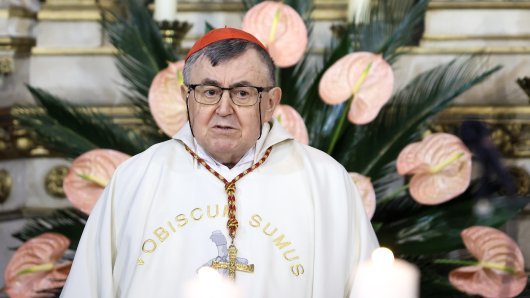The decline in investments is the basic reason for the crisis and re-launching them is the key to recovery, Prime Minister Zoran Milanovic said on Tuesday at the final presentation of the government's measures to encourage investments and restructure the economy as part of the ProInvest project.
The government is focusing its efforts on boosting public investments, improving the entrepreneurial and business climate, and eliminating obstacles to doing business and investments, he said.
Sixty big projects worth more than EUR 6 billion in total, mainly in tourism, the energy sector and industry, are registered with the Investment and Competition Agency and 15 are expected to be realised by the end of the year, creating 2,500 jobs, he said.
Milanovic said the government had initiated one of the most stimulating laws for the development of investments, dismissing objections that this law enabled the sale of key national resources.
He said the law was necessary to expedite investment procedures, highlighting the construction of a new bloc of the Plomin thermal power plant, other energy facilities, a new Zagreb Airport terminal and an LNG terminal as well as rail reconstruction. He said most of these projects would be financed from European Union funds.
Milanovic announced the restructuring of the public sector and the continuation of the restructuring of public companies, stressing that the government had successfully rescued the country's shipyards.
He said the government was also assisting the private sector, especially through pre-bankruptcy settlement procedures. He said 4,200 companies with HRK 37 billion in debt and 35,000 employees in total had applied for that option.
Milanovic recalled that by reducing health care contributions, the government had secured HRK 2.5 billion for the economy.
He dismissed objections that the fiscal consolidation policy raised the tax burden and imposed a tax terror, saying that putting the tax system and public finances in order would enable a fair division of the tax burden.
He said the government was also helping small businesses by enabling them to pay their debts to the state in instalments and under favourable terms.
The PM said fiscalisation had led to a 30 per cent increase in the reported turnover of the hospitality industry and small businesses.
He stressed that the government's measures had reduced illiquidity from HRK 44.6 billion at the end of September to HRK 37 billion.
Speaking of the budget policy, Milanovic said the deficit was cut by HRK 5 billion last year but that public spending continued to be financed through borrowing. He said the three per cent cut in gross salaries in the public sector was also part of that policy.
He said the jobs of civil servants were guaranteed as a result of their giving up on Christmas bonuses, holiday grants and awards. "We can't pay out what we haven't earned. A salary is not a long term acquired right."
The PM said the government had adopted a regulation to punish employers who did not pay benefits and made the non-payment of salaries a crime. He said these measures had reduced the number of workers who did not get paid from 205,000 18 months ago to 75,000.
Responding to criticism that the austerity policy had failed and that the cuts were too mild, he said the government had chosen the middle ground. Further cuts would prevent development and increasing public spending is impossible because of the high deficit and the public debt, he added.





































